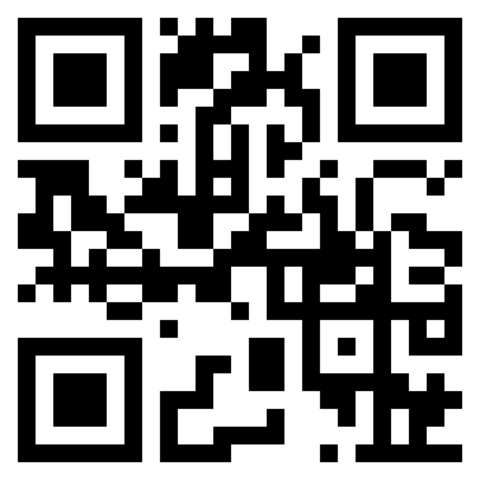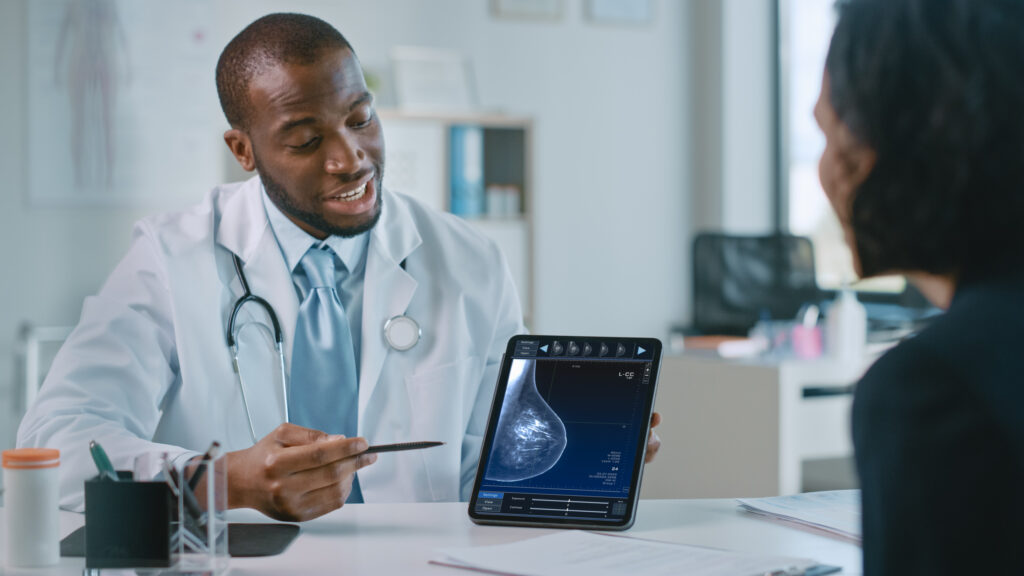Sunday Times Healthy Times
Regular Breast Checks Could Save Your Life
Breast cancer is not a transmissible or infectious disease, and according to statistics by the World Health Organization, approximately half of breast cancers develop in women who have no identifiable breast cancer risk factor other than gender (female) and age (over 40 years).
However, many people may not be aware that while it is about 100 times less common among white men than white women, and around 70 times less common among black men than black women, breast cancer is, nonetheless, a disease that can also affect men.
Professor Carol-Ann Benn, a fellow of the College of Surgeons of South Africa and head of the Helen Joseph Breast Care Clinic, points out that sub-Saharan Africa has a slightly higher incidence of male breast cancer – around two to three per cent.
“This is a disease that ultimately does not discriminate. I am currently treating at least three male breast cancer patients at the Helen Joseph and Milpark hospitals. Male breast cancer is treated the same way as female breast cancer, and you can also undertake nipple-saving surgery in men,” she explains.
Screening and self-examination
Prof Benn notes that early detection is critical for several reasons.
“It is important to understand that nobody dies from breast cancer; what they die from is cancer spreading to other parts of their body. Early detection means early treatment, which increases the opportunity to stop or slow the spread.

“Although breast cancer today is treated according to biology, more than according to stage of presentation, picking up a cancer diagnosis early is more likely to result in a positive result, thanks to timeous treatment.”
She recommends individuals conduct breast self-exams monthly. “What you are looking for is changes and abnormalities, ranging from lumps and bumps, to skin changes and nipple discharges. We don’t recommend squeezing the nipples, but rather looking for spontaneous nipple discharge,” she says, adding that individuals know their breasts better than anyone, so are in the ideal position to detect something that seems different.
“Four out of five times, this will be nothing to be concerned about, but it is far better to be told a hundred times that it’s nothing to worry about than to miss the one potential early detection. Also remember, we don’t have eyes on our fingers, so if you have a concern, I would recommend at least a breast ultrasound,” Prof Benn says.
She suggests that the debate around breast cancer screening is ever-changing, based on health economics. Prof Benn indicates that fewer than 30 per cent of South African women who have access to screening benefits with their medical insurance use them.
“Screening is different from if one detects a clinical concern. So even if you do screen and you find a lump, for example, your doctor can motivate for the correct tests. Do not let any doctor convince you to be admitted for a surgical biopsy simply to find out a diagnosis. This is important because if it is breast cancer, this can jeopardise your treatment response and survival.”
Prof Benn says the one piece of advice she gives out more often than any other is: “Don’t be rushed into a decision; you are allowed to get multiple professional opinions. You are in charge of your body, and it is your choice as the reality is that there is no such thing as a need for emergency breast surgery.”






